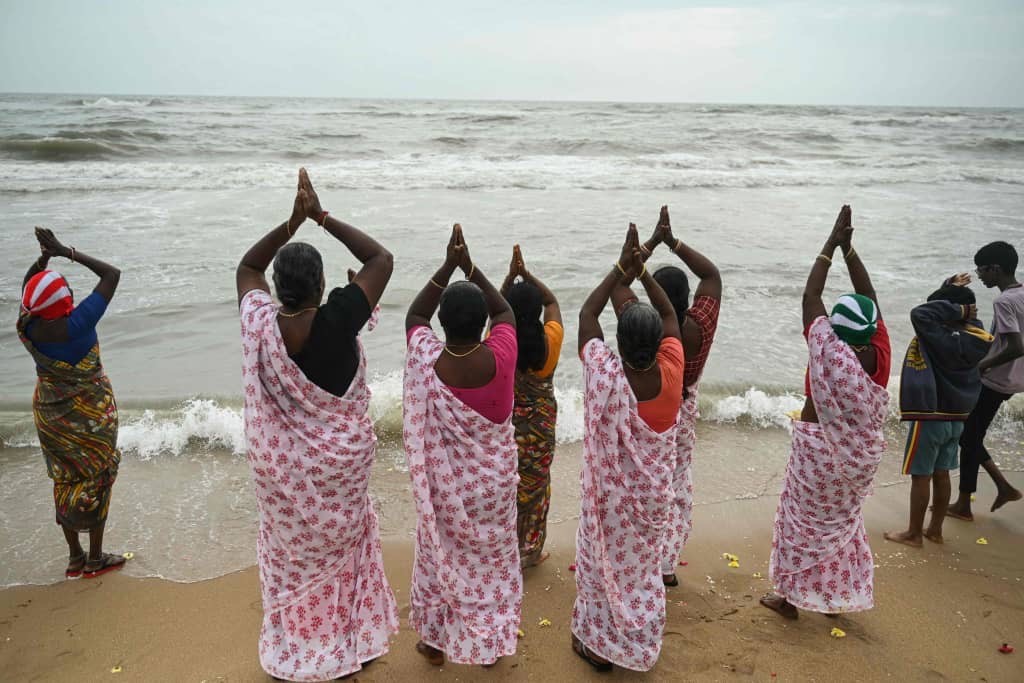ALL investigations and prosecutions of crimes that fall within the jurisdiction of the ICC – that is the crime of genocide, crimes against humanity and war crimes – are conducted by the Office of the Prosecutor.
By conducting investigations and prosecutions, the office wants to end impunity for the perpetrators of the most serious crimes of concern to the international community as a whole, and thus to contribute to the prevention of such crimes. The Prosecutor may start an investigation in a case in which there is a reasonable basis to believe that crimes have been or are being committed.Such referrals must be made by a State or the Security Council of the United Nations, acting to address a threat to international peace and security.The Prosecutor evaluates the material submitted before making the decision on whether to proceed.The Prosecutor may also receive information on crimes within the jurisdiction of the Court provided by other sources, such as individuals or non-governmental organisations.The Prosecutor conducts a preliminary examination of this information in every case.If the Prosecutor then decides that there is a reasonable basis to proceed with an investigation, he will request the pre-trial chamber to authorise an investigation.The Prosecutor investigates incriminating and exonerating circumstances equally and fully respects the rights of the accused.Each situation is assigned to a pre-trial chamber, which may issue a warrant of arrest or a summons to appear if there are reasonable grounds to believe a person has committed a crime within the jurisdiction of the Court.Once a wanted person has been surrendered to or voluntarily appears before the Court, the re-trial chamber holds a hearing to confirm the charges that will be the basis of the trial.Following the confirmation, a case is assigned to a trial chamber of three judges.The accused has the right to conduct the defence in person or through counsel of his or her choosing and victims may also participate in proceedings directly or through their legal representatives.Upon conclusion, the trial chamber issues its decision, acquitting or convicting the accused.If the accused is convicted, the trial chamber issues a sentence for a specified term of up to 30 years or, when justified by the extreme gravity of the crime and the individual circumstances of the convicted person, life imprisonment.The trial chamber may also order reparations to victims.The accused or Prosecutor may appeal the decision or the sentence, while legal representatives of victims or the convicted person may appeal reparations orders.All appeals are decided on by five judges.The Prosecutor may start an investigation in a case in which there is a reasonable basis to believe that crimes have been or are being committed.Such referrals must be made by a State or the Security Council of the United Nations, acting to address a threat to international peace and security.The Prosecutor evaluates the material submitted before making the decision on whether to proceed.The Prosecutor may also receive information on crimes within the jurisdiction of the Court provided by other sources, such as individuals or non-governmental organisations.The Prosecutor conducts a preliminary examination of this information in every case.If the Prosecutor then decides that there is a reasonable basis to proceed with an investigation, he will request the pre-trial chamber to authorise an investigation.The Prosecutor investigates incriminating and exonerating circumstances equally and fully respects the rights of the accused.Each situation is assigned to a pre-trial chamber, which may issue a warrant of arrest or a summons to appear if there are reasonable grounds to believe a person has committed a crime within the jurisdiction of the Court.Once a wanted person has been surrendered to or voluntarily appears before the Court, the re-trial chamber holds a hearing to confirm the charges that will be the basis of the trial.Following the confirmation, a case is assigned to a trial chamber of three judges.The accused has the right to conduct the defence in person or through counsel of his or her choosing and victims may also participate in proceedings directly or through their legal representatives.Upon conclusion, the trial chamber issues its decision, acquitting or convicting the accused.If the accused is convicted, the trial chamber issues a sentence for a specified term of up to 30 years or, when justified by the extreme gravity of the crime and the individual circumstances of the convicted person, life imprisonment.The trial chamber may also order reparations to victims.The accused or Prosecutor may appeal the decision or the sentence, while legal representatives of victims or the convicted person may appeal reparations orders.All appeals are decided on by five judges.
Stay informed with The Namibian – your source for credible journalism. Get in-depth reporting and opinions for
only N$85 a month. Invest in journalism, invest in democracy –
Subscribe Now!







